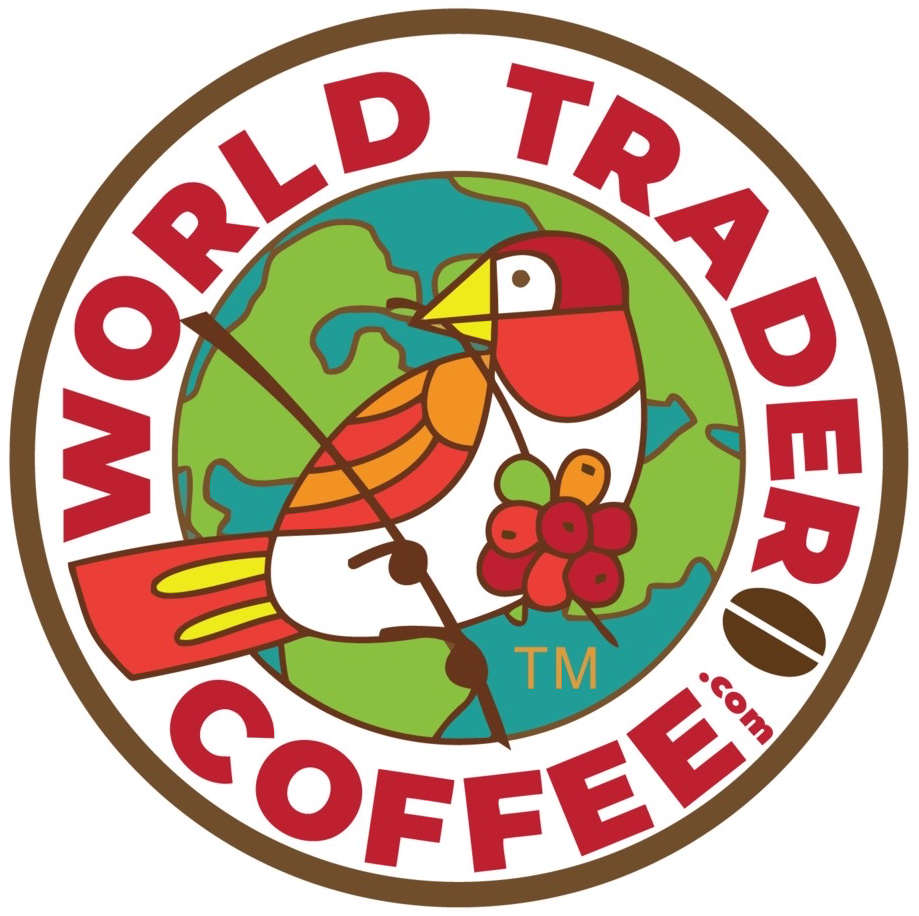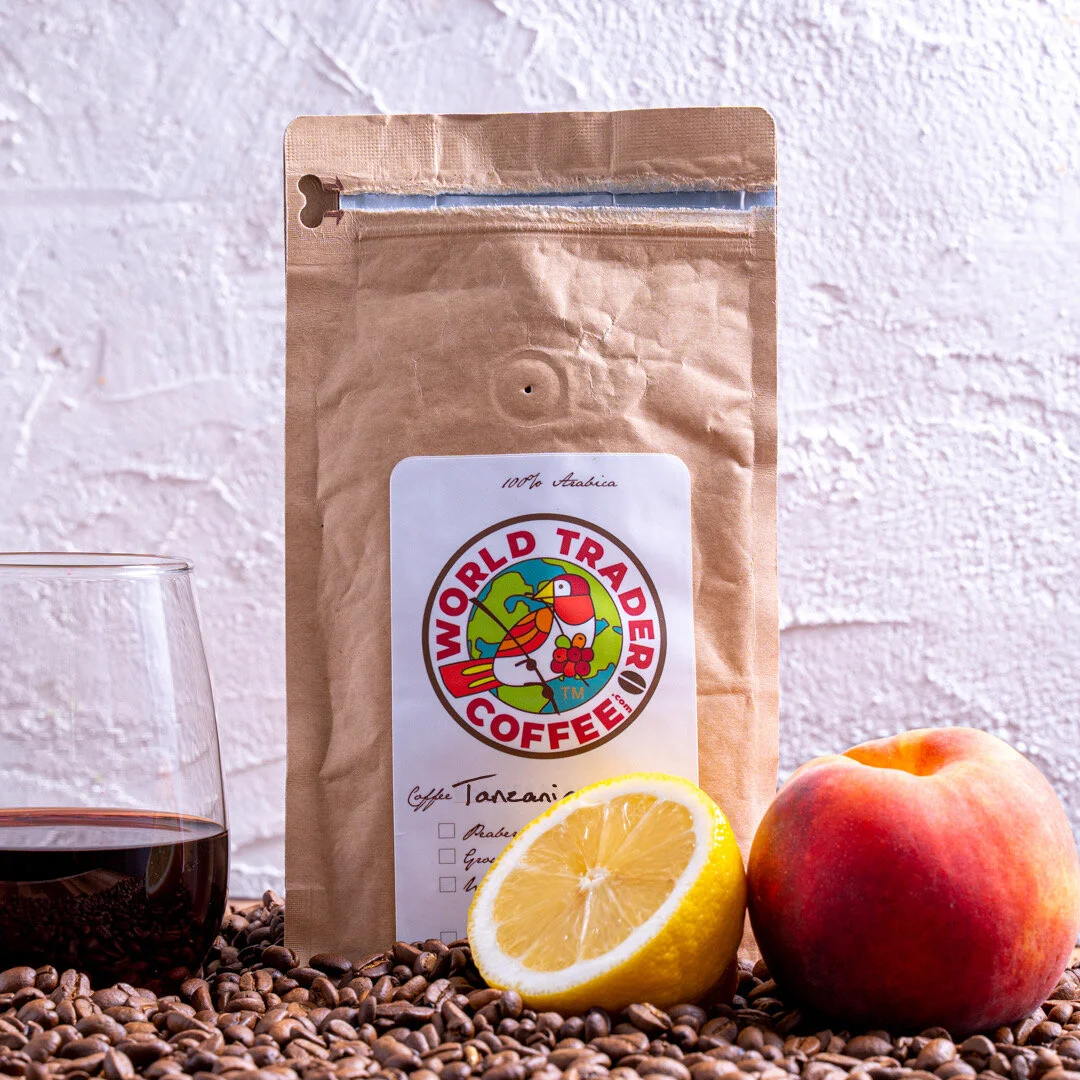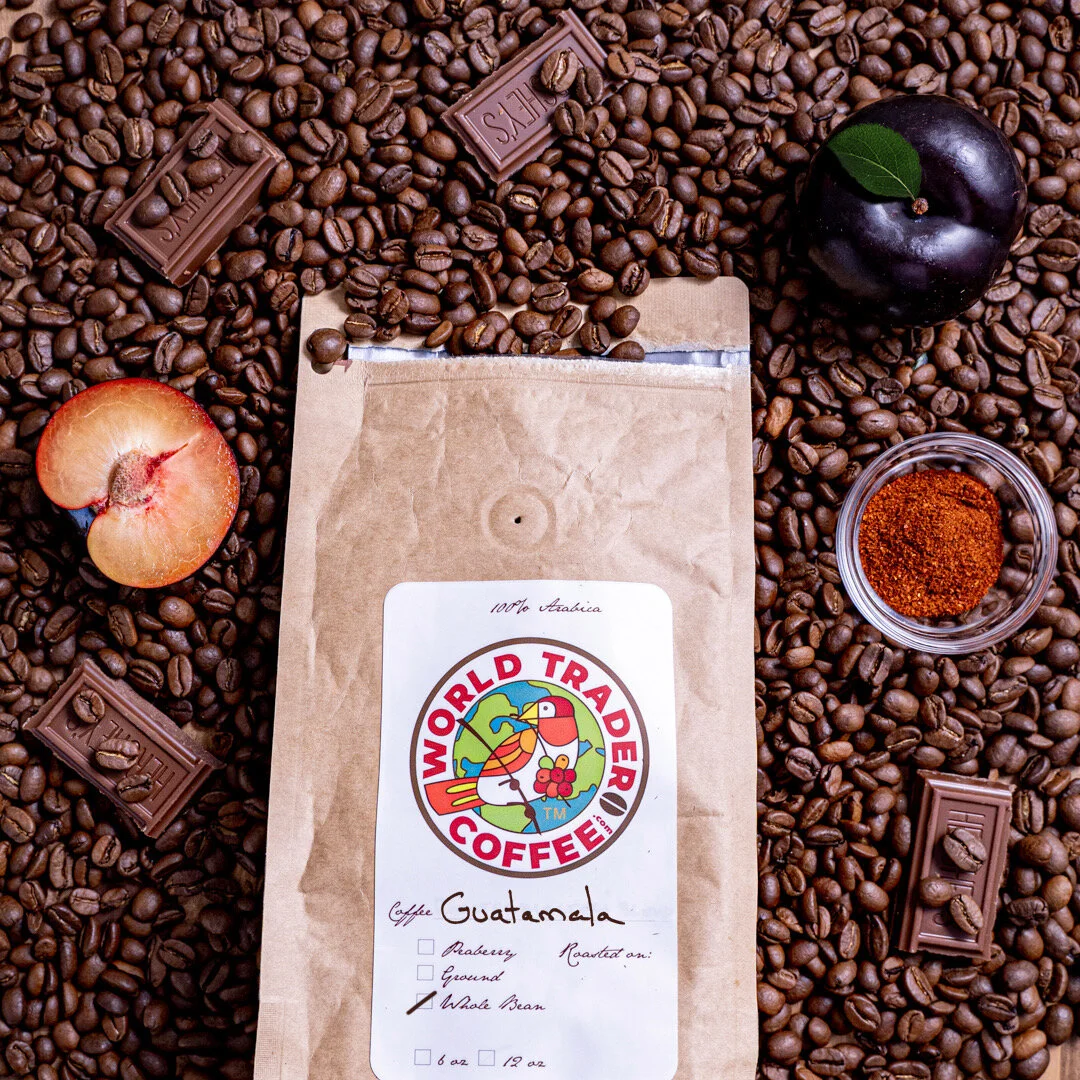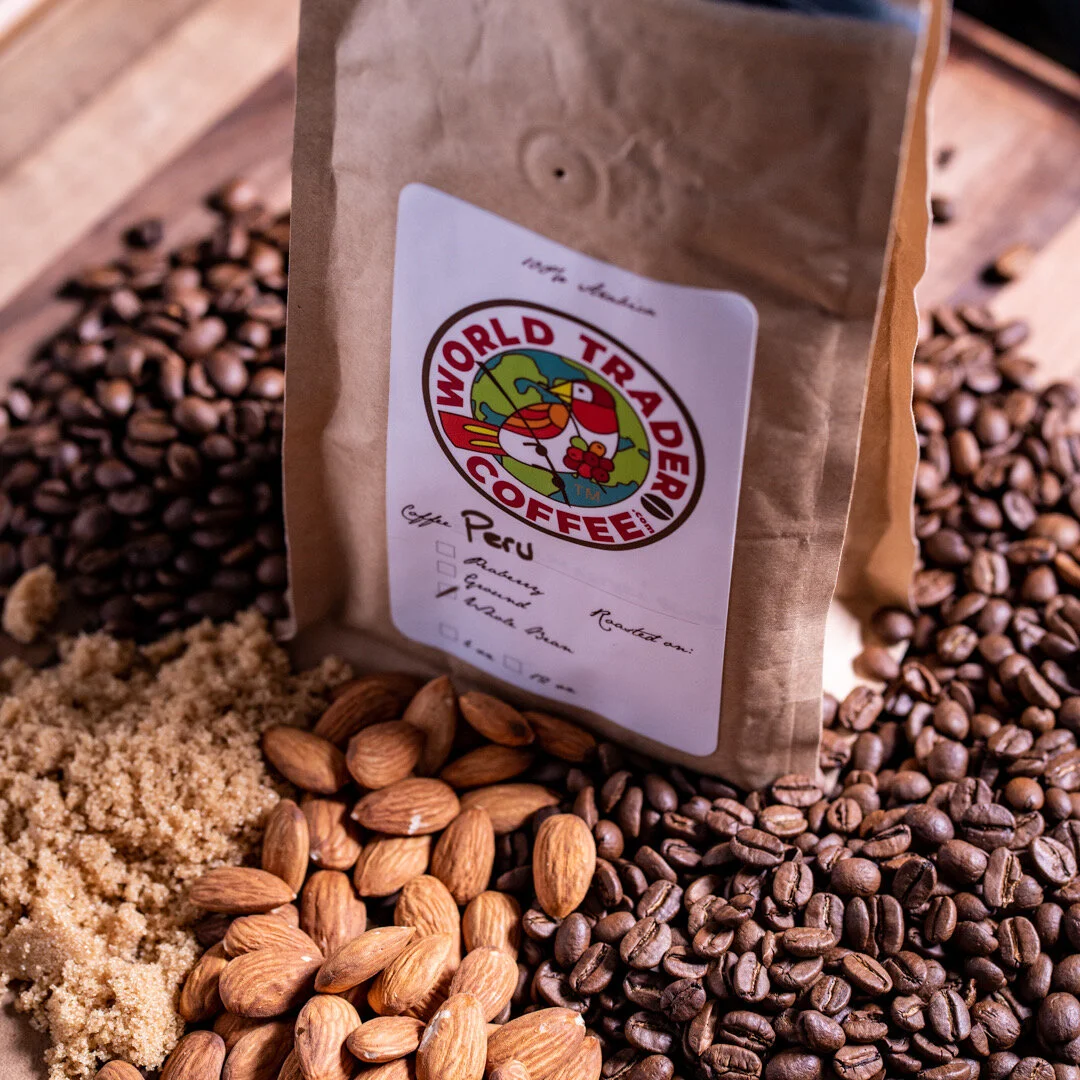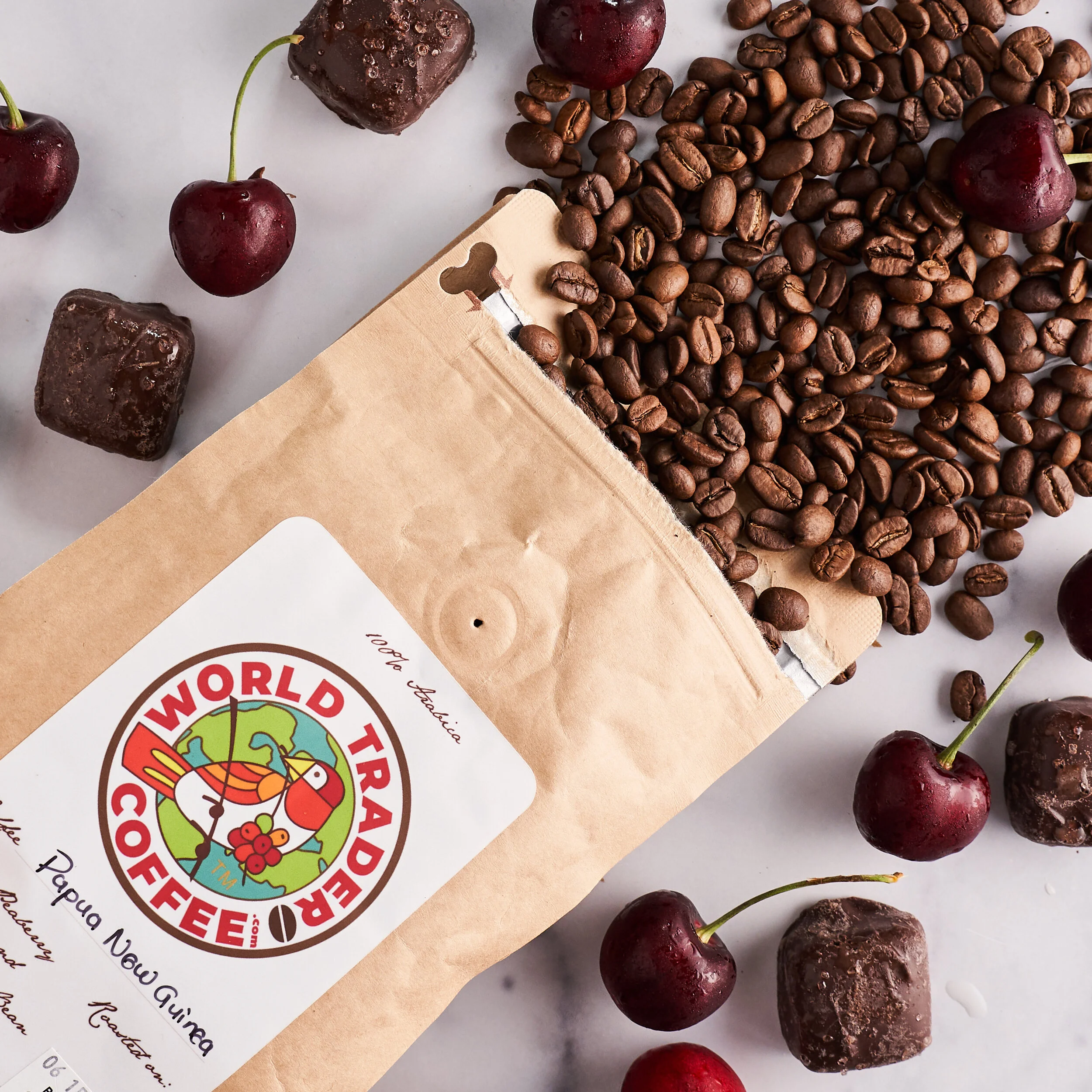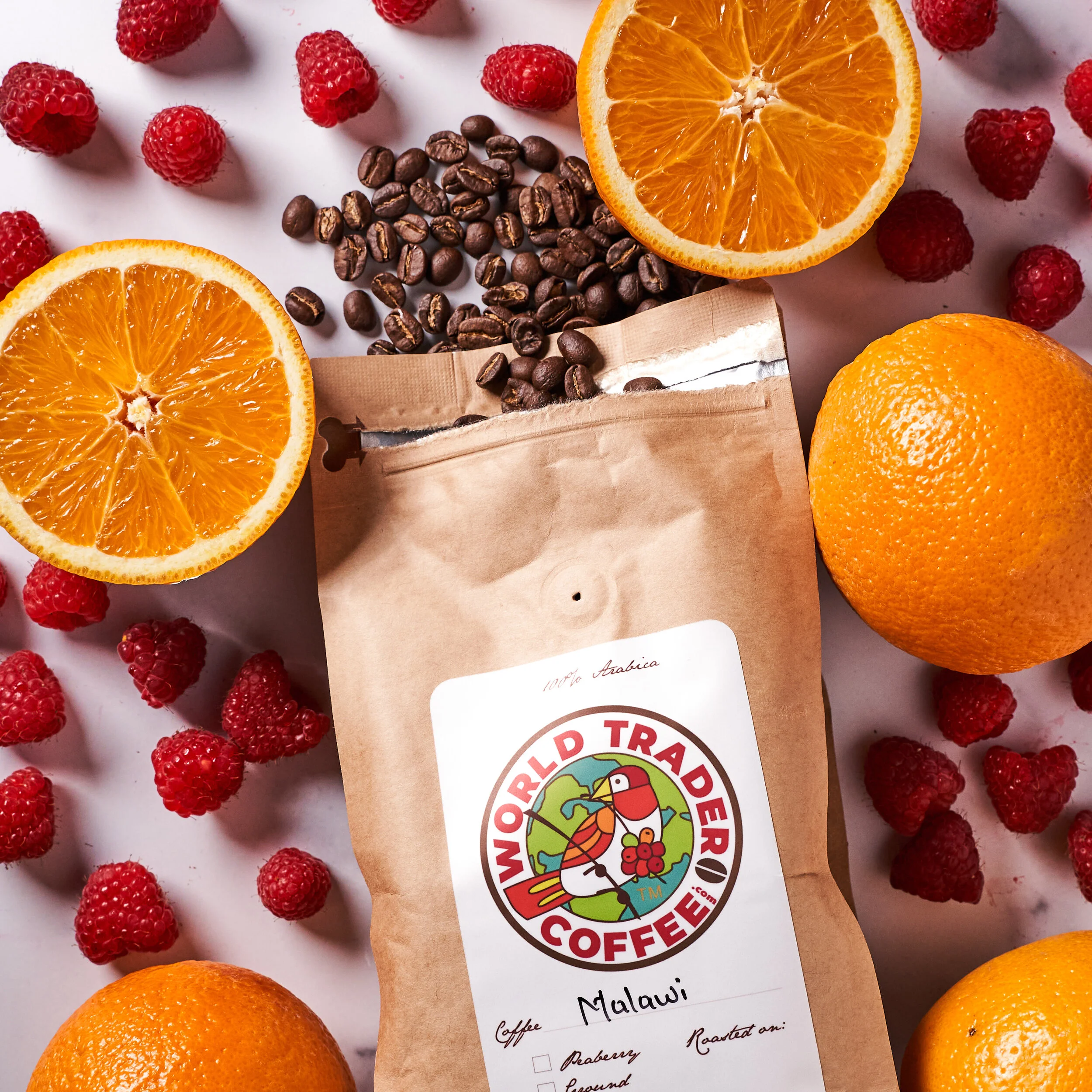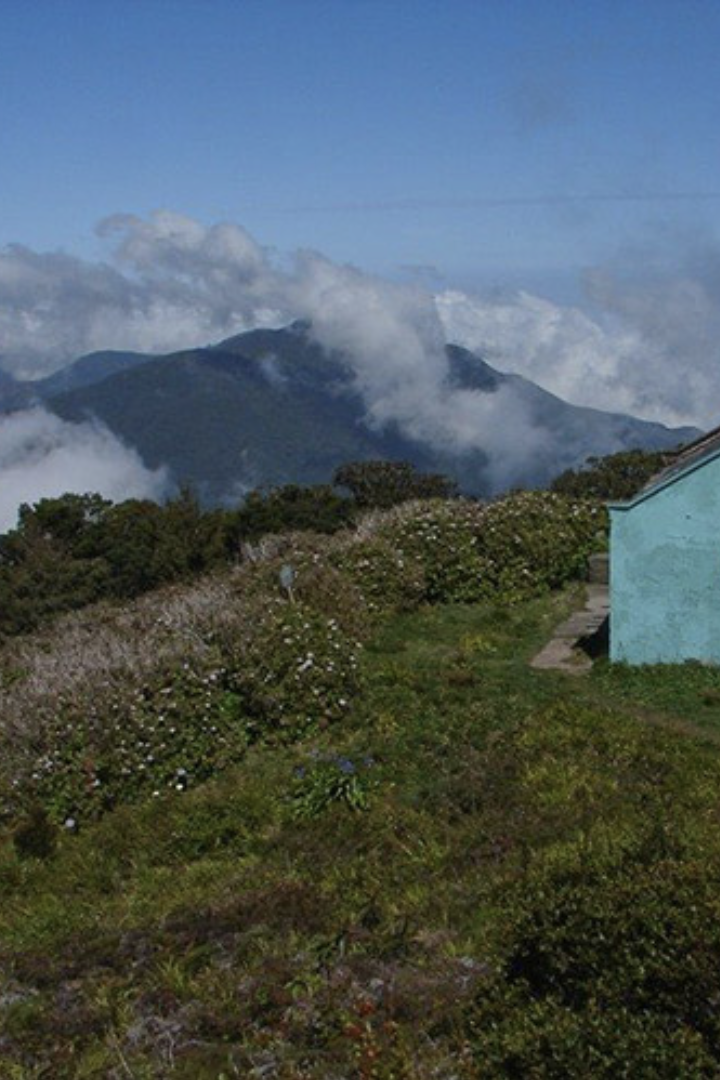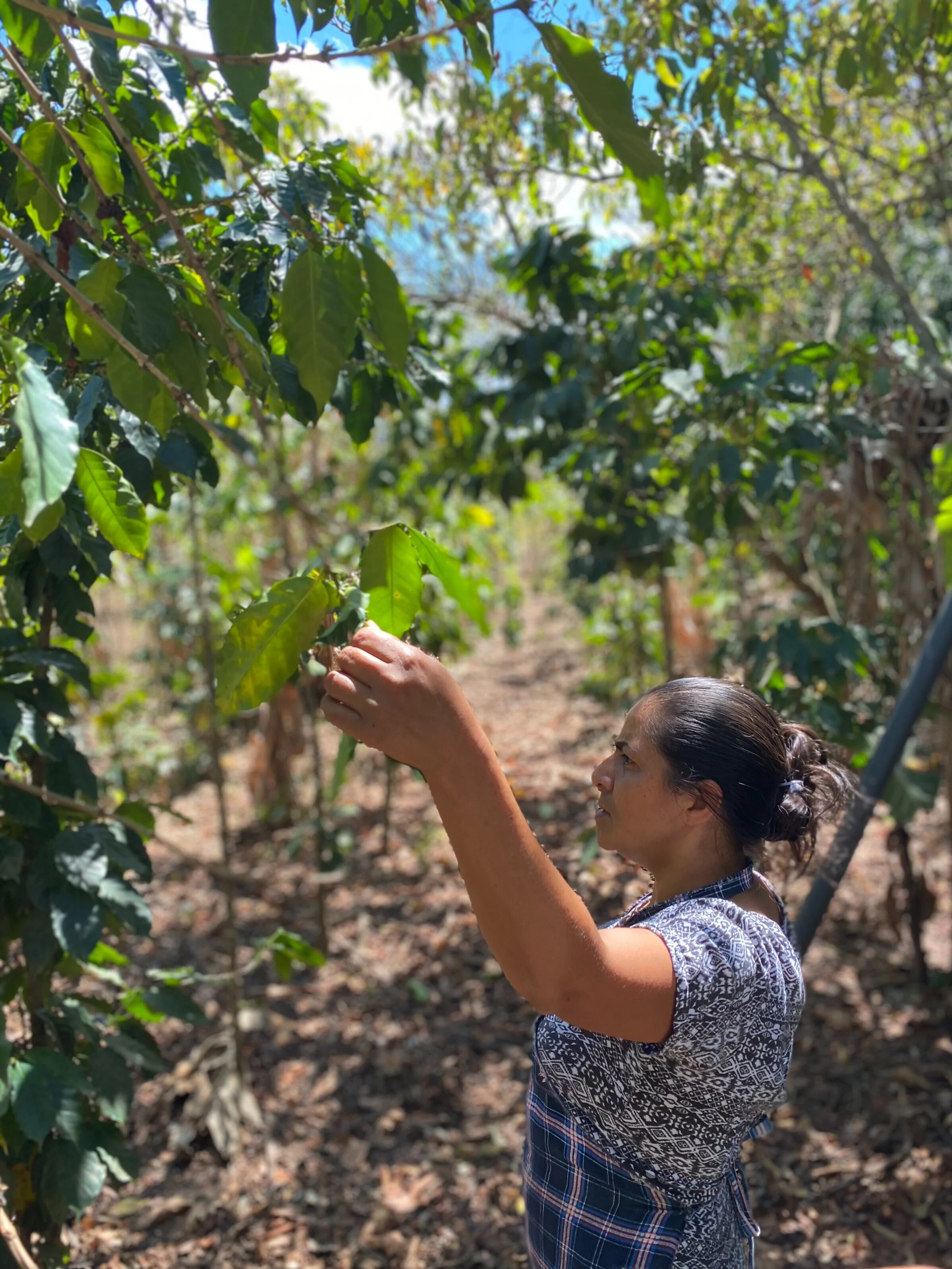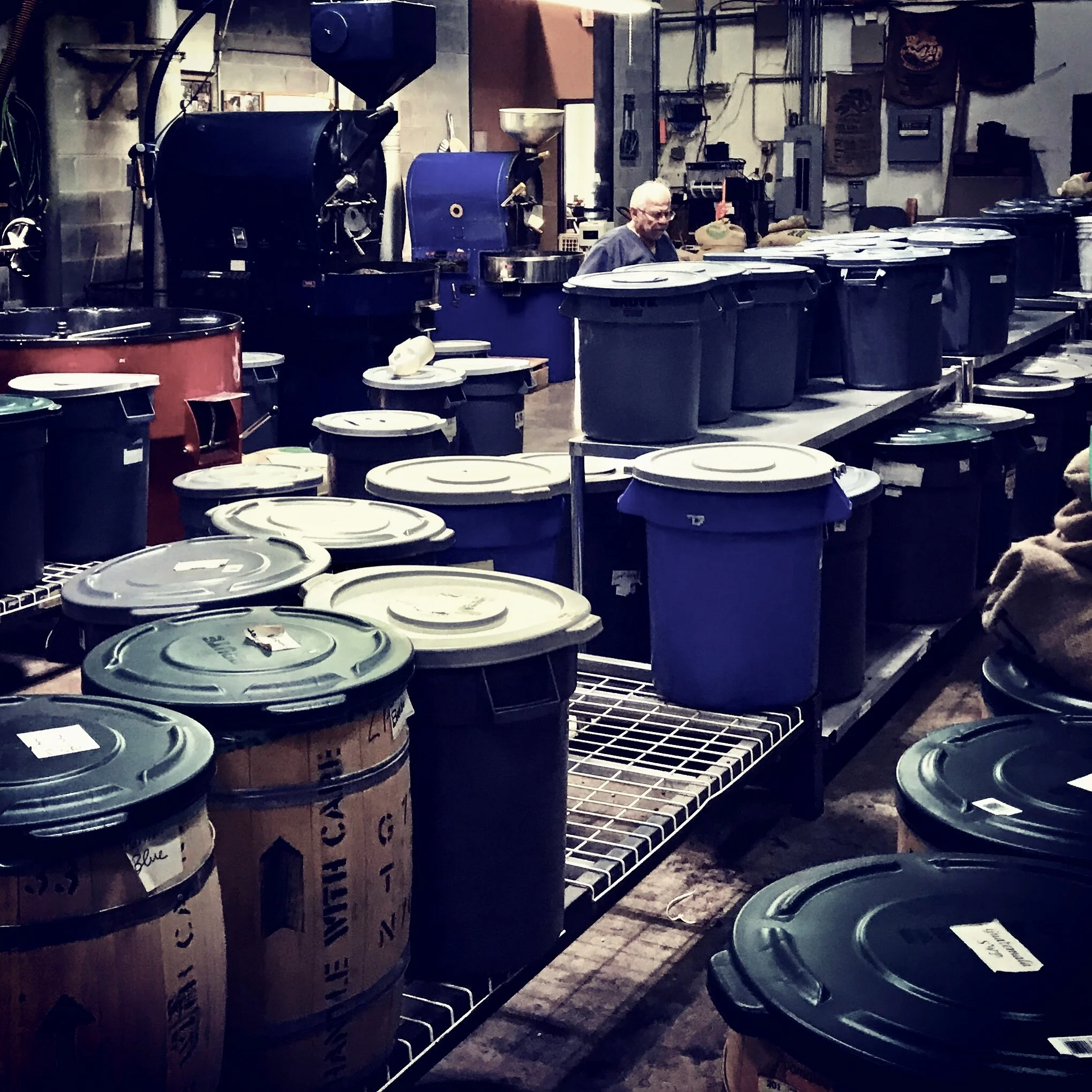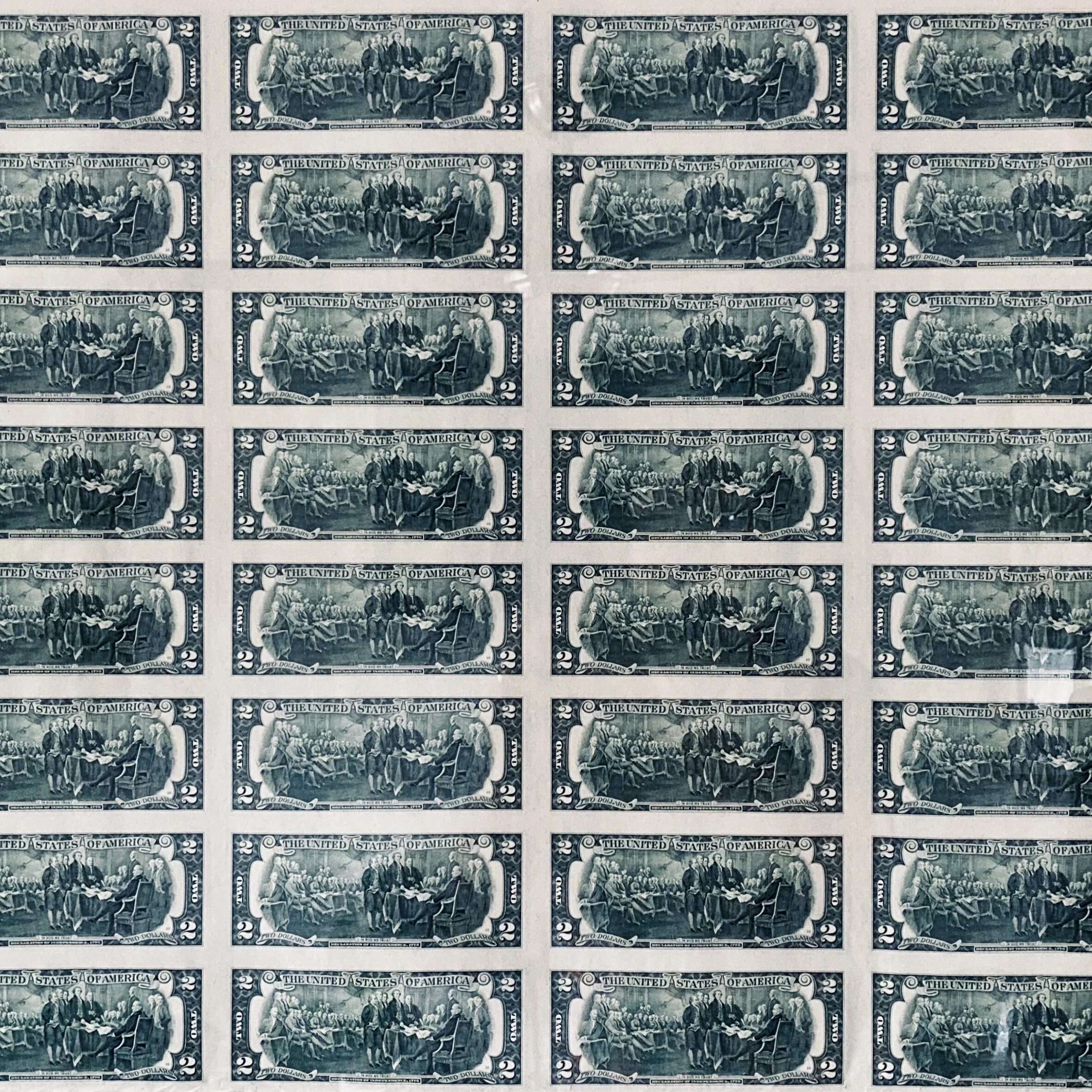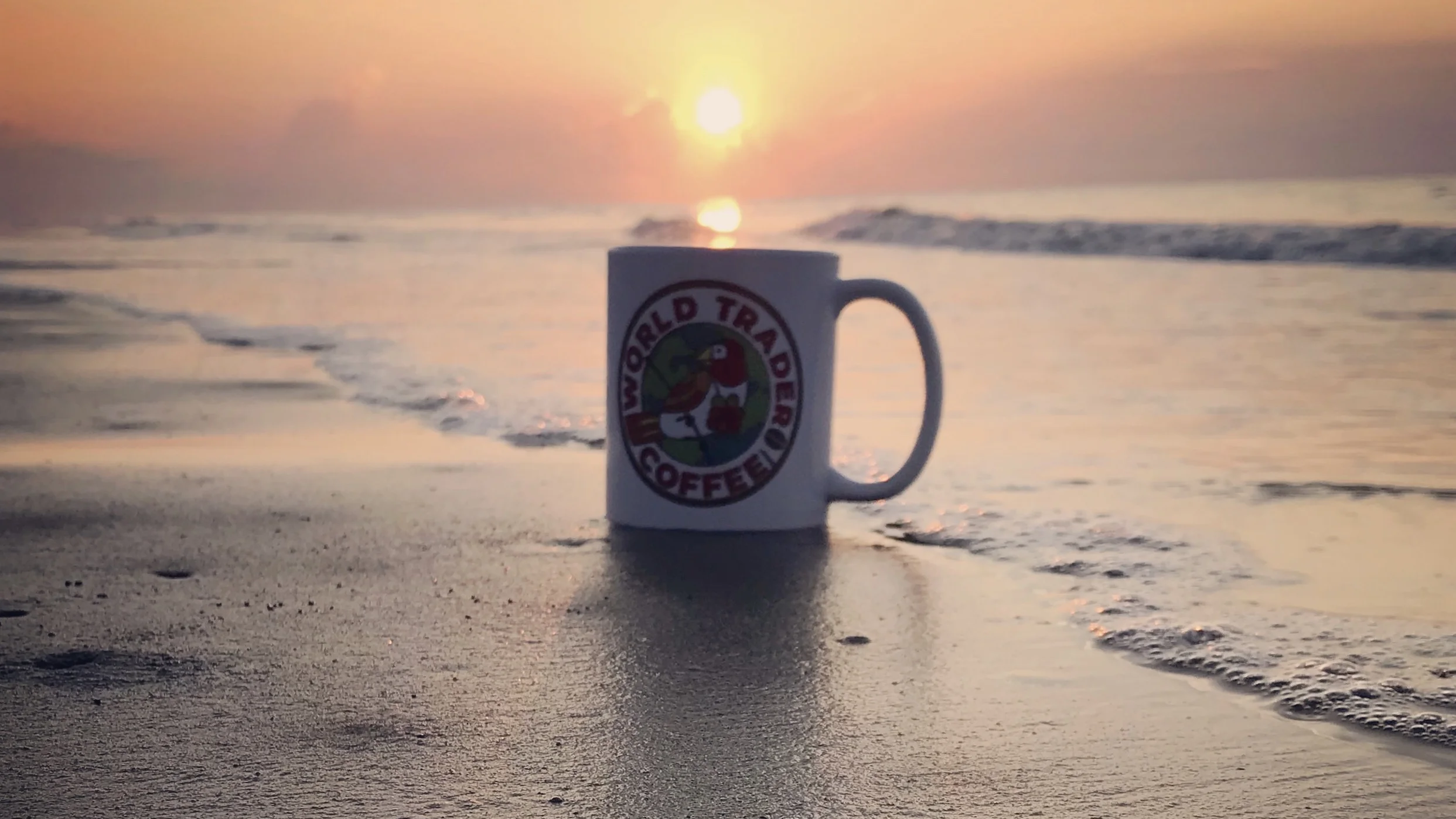Tanzanian coffee's acidity is sometimes referred to as wine-like, and the body is described as intense and creamy. There are also interesting notes of fruit and sometimes notes of cedar.
Read MoreYou have heard of Aruba and Jamaica, but how about Antigua?
Antigua lies along the southern coast of Guatemala and has some of the world's best coffee growing climate. Three massive volcanoes surround the gorgeous Antigua valley, and its volcanic terrain has created the perfect soil. Combined with the nearly year-round sunshine, it makes for the ideal coffee growing conditions.
Read MoreWith so many different countries exporting coffee, Peruvian coffee can sometimes get left behind. Although Peruvian coffee is not as well known as other South American countries, it has become a notable export worthy of coffee lovers' attention.
Read MoreWhen you think of great coffee, Papua New Guinea is probably not the first country that comes to mind. Major coffee production on this island didn’t take off until the late 1920s. While coffee was grown there before this time, it was on such a small scale that it was hardly measurable.
Read MoreThe flavor notes of Malawi Mapanga coffee are smooth citrus (lime), berry and caramel. Some even say it has hints of green apple and nuts. The finish is impressive because of it's bright and crisp acidity, a smoother finish than other African beans. In 2005 a Malawi coffee won its first cupping competition. Its fantastic flavor has made it a sought after bean for many years, becoming a staple export to England. America only gets a small portion of the crops grown there.
Read MoreAlmost every industry has a food or ingredient that dominates as its pinnacle. Whether it is a coveted wine that costs thousands of dollars or a carefully prepared plate from a Michelin Star restaurant, there's always one brand that seems to stand out above the rest. For the coffee industry, that one shining star is Jamaican Blue Coffee.
Read MoreYirgacheffe coffee is grown at high elevation, like most high-quality beans. It also tends to be organic, regardless of what the labeling is, due to the near-perfect growing conditions there. Since coffee is native to Ethiopia, the soil, humidity, and elevation are all perfect, making the need for synthetic pesticides and fertilizer pointless.
Read MoreNicaragua is a newer coffee growing location compared to old favorites like Columbia, but it's well worth a few sips if you've never tried it. The rich volcanic soil and unique growing conditions lead to a coffee bean with a unique and complex flavor.
Read MoreShould small-batch roasting be important to you? If you enjoy fresh coffee, it should be essential to you. Let me try to explain.
Read MoreSmall-batch roasting is where it’s at!
Read MoreThe convenience of some coffee is just not worth it. Life is too short to drink crappy coffee!
Read MoreAn open and honest post about being in the coffee business.
Read MoreDid you just call me a “Coffee snob”?!
Read More